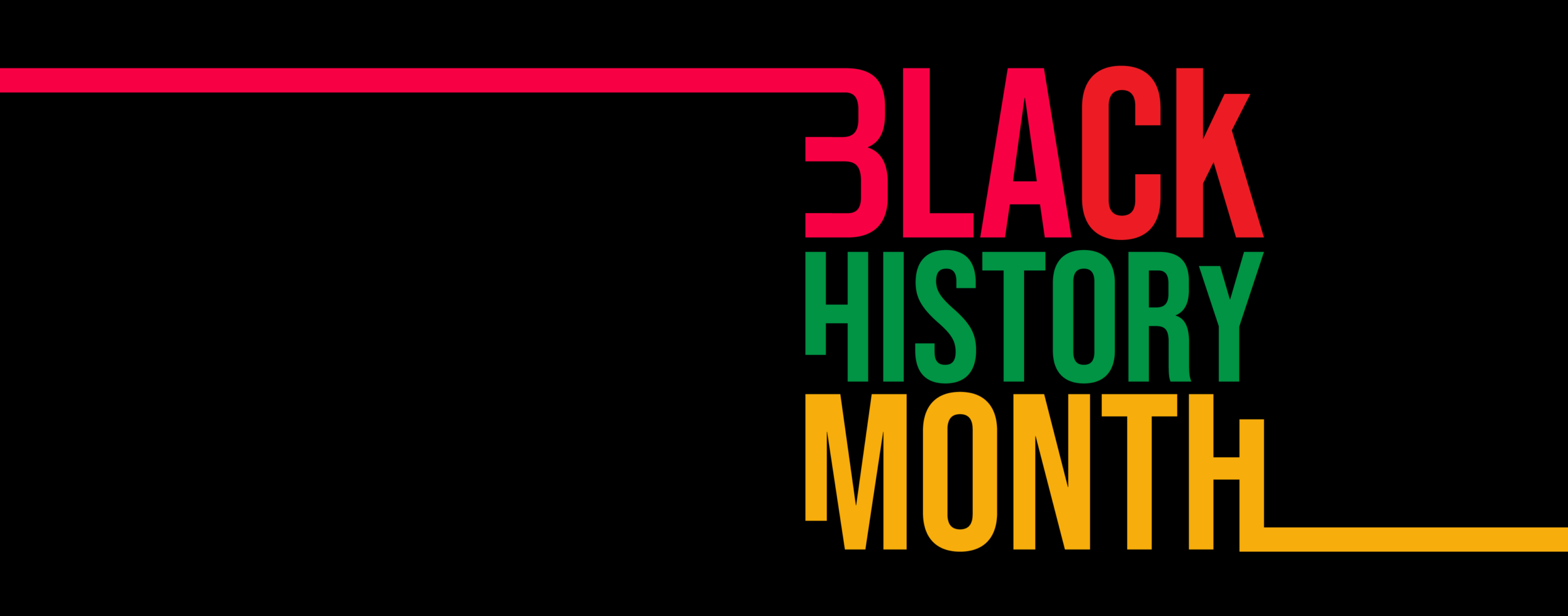

What Black History Month Means to Me
By: Breshay Moore, Manager, Digital Media
February honors Black History Month. Black History Month is recognized as a celebration of Black achievements, prominent figures, inventions, music, art, dance, and much more. It’s also a time for paying tribute to the sacrifices and challenges African Americans faced to attain citizenship and freedom.
Black History Month Origins
According to the Association for the Study of African American Life and History, the origin of Black History Month began in 1915 Chicago. Carter G. Woodson, an alumnus of the University of Chicago, traveled from Washington, D.C. to participate in the celebration of the 52nd anniversary of the emancipation. During this time, thousands African Americans travelled from across the U.S. to explore exhibits that highlighted the progress of African American history since the abolition of slavery.
It is believed that Woodson chose to celebrate in February to pay homage to the birthdays of two prominent figures in Black history, Fredrick Douglas, and Abraham Lincoln. Woodson eventually came up with Negro History Week to begin commemorating Black history. He was also invested in adults learning about Black studies, so he created a Black studies extension program. He also wanted to make sure students learned about Black history all year round.
Woodson often spoke on shifting Negro History Week to Negro History Year. By the 1960’s, young African American students sought an interest to their links to Africa, thus fast-tracking the cultural change from Negro History Week into Black History Month. Since the mid-1970s, U.S. presidents issued proclamations to make Black History Month an annual event.
What this month means to me
For me, Black History Month is all about appreciation for who I am and where I came from. Even as a child, I was excited to learn about Black History. I remember watching shows on Disney Channel that featured episodes that catered to Black History month, like the Proud Family’s “I Had a Dream” episode. I recently rewatched that episode, to see the type of Black History I was presented as a child, and how the media brought attention to it. This was a memorable episode because it included many Black Historical facts and recognition of Black achievements. The episode even touched on segregation, referencing events like the Martin Luther King, Jr. “I Have a Dream” speech and the school integration of Ruby Bridges. One quote from the episode stood out to me, “A person that don’t know their past won’t have a future.” After hearing that quote, I knew it aligned with my personal connection to Black History Month. That put into perspective how important it is to honor and recognize Black History.
My family always expressed the significance of sharing family stories from lives of the living, those who have passed on, and those who are in different area codes. We kept up with one another by gathering for family reunions and cookouts, sharing stories from our childhoods. I felt so connected and understood by my family. Those were and still are special times for me and make me proud to be Black.
I view Black History Month as a way show love and appreciation for my Blackness, but I also use this month to heighten it. I also use it as a tool to encourage Black youth to be proud of who they are and where they came from.


